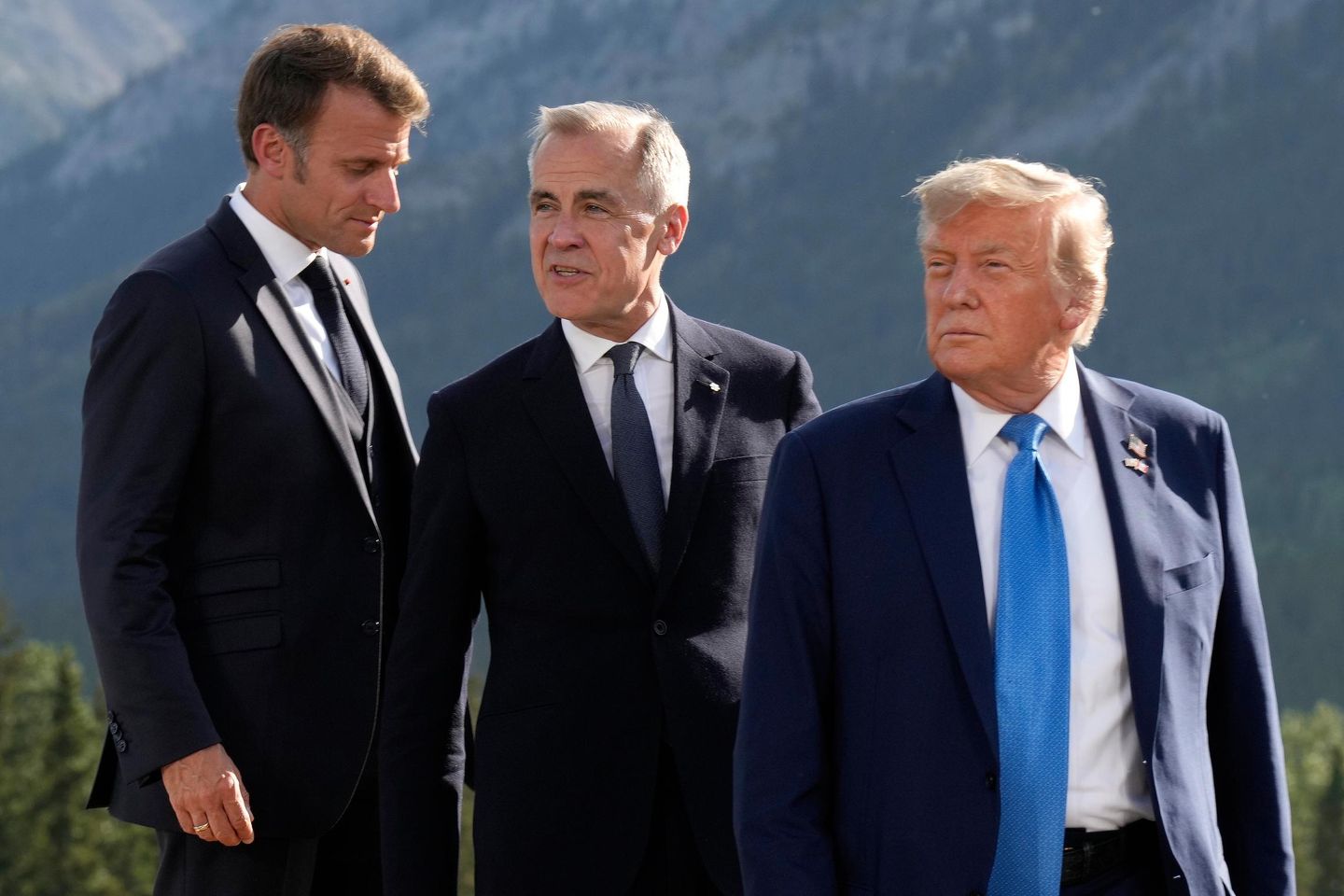
Don’t miss the full story from our staff writers, whose reportage is the basis of this article.
Federal appeals court judges expressed skepticism about President Trump’s broad interpretation of emergency powers to impose global tariffs during a critical hearing Thursday. The U.S. Circuit Court of Appeals for the Federal Circuit is reviewing Mr. Trump’s extensive tariff program while allowing the levies to remain in effect during proceedings.
Justice Department lawyer Brett Shumate defended the president’s actions, arguing the tariffs provide negotiating leverage and have successfully brought other nations to the bargaining table with improved trade terms. Mr. Shumate cited the International Emergency Economic Powers Act (IEEPA) of 1977 as legal justification for the president’s authority.
However, the 11-judge panel questioned whether Congress constitutionally transferred sufficient tariff-setting power to the executive branch to support Mr. Trump’s expansive measures implemented over the past six months. Judge Jimmie Reyna noted that “IEEPA doesn’t even say tariffs,” highlighting potential legal gaps in the administration’s argument.
Mr. Shumate acknowledged this limitation but argued that IEEPA incorporates language from a 1975 court ruling (the Yoshida case) that addressed tariffs, suggesting congressional intent to include such powers.
Multiple judges challenged this interpretation, arguing that the 1975 ruling envisioned far more limited tariff applications than President Trump’s current program.
The court also suggested that Mr. Trump’s broad reading of IEEPA would make other tariff-specific provisions in federal law redundant, potentially creating constitutional conflicts. Mr. Shumate countered that IEEPA tariffs require a presidential declaration of economic emergency, distinguishing them from routine tariff authorities.
Neal Katyal, representing groups challenging the tariffs, characterized the president’s position as “a breathtaking claim to power,” arguing it exceeds constitutional boundaries.
At the center of the dispute are two tariff sets implemented on April 2, which the president dubbed “Liberation Day.” One targets China, Mexico, and Canada over alleged inadequate drug trafficking controls, while the other imposes global levies aimed at creating fairer competition for American goods and providing negotiating leverage for recent deals with Japan and the European Union.
Several lower courts have ruled that Mr. Trump’s tariffs exceed presidential authority, with this case originating from the U.S. Court of International Trade.
Prior to Thursday’s hearing, President Trump celebrated recent trade victories on social media, declaring “Tariffs are making America great & rich again” and emphasizing that without tariff protection, the country would be “dead.” He praised his legal team while arguing that tariff powers are essential for national survival and success.
The court provided no timeline for its decision. Regardless of the outcome, both sides anticipate Supreme Court review as the ultimate resolution of this significant constitutional and trade policy dispute.
Read more: Appeals court skeptical of Trump’s tariffs
This article is written with the assistance of generative artificial intelligence based solely on Washington Times original reporting and wire services. For more information, please read our AI policy or contact Ann Wog, Managing Editor for Digital, at awog@washingtontimes.com
The Washington Times AI Ethics Newsroom Committee can be reached at aispotlight@washingtontimes.com.

















